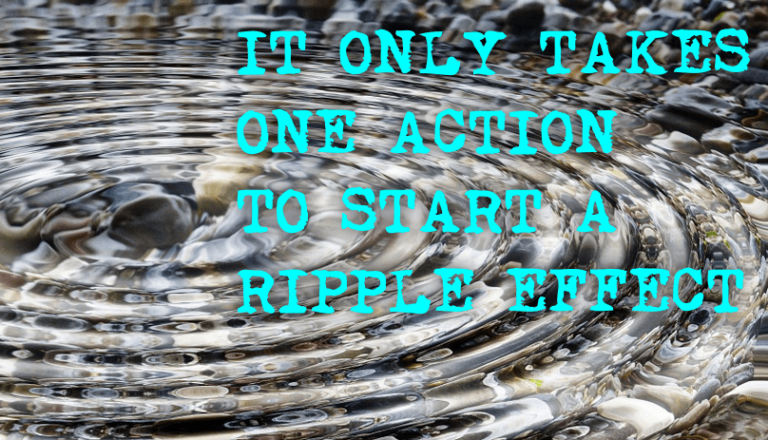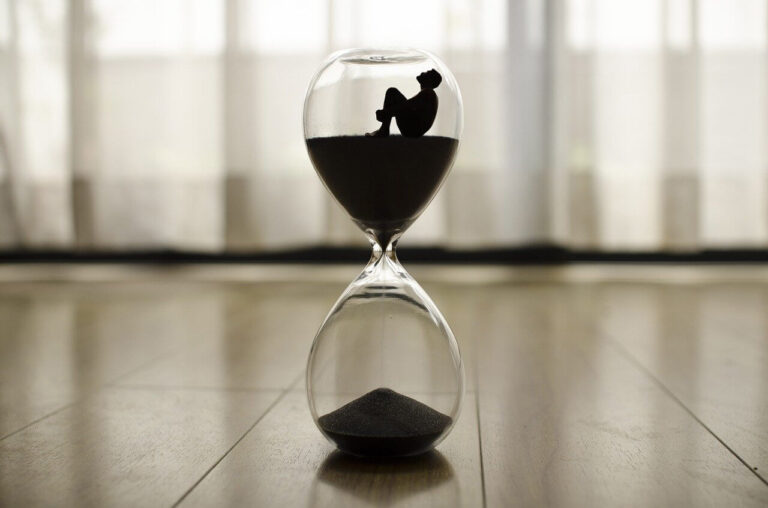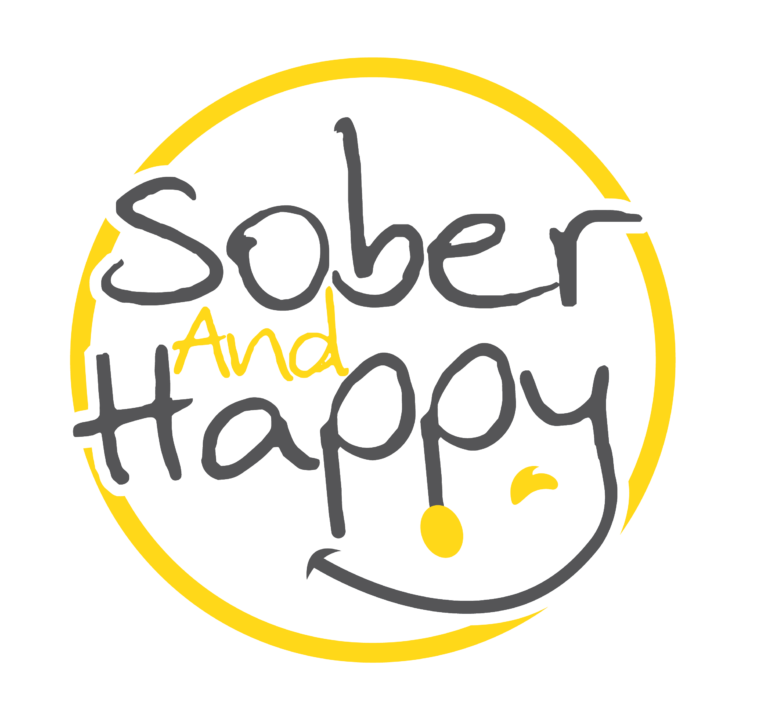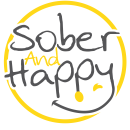

Tim Phillips
I love sharing my journey from being hopeless, to getting sober, to learning how to eventually be both sober and happy. to learning how to eventually be both sober and happy.
Picture this: you’re in a meeting, juggling a million commitments, and suddenly, it all crashes down. That moment when even the smallest tasks feel impossible? That was my reality one day.
I had been running on empty, saying “yes” to everything in recovery and life. I thought I was doing the right thing—until burnout hit and drained every ounce of energy and motivation I had.
Suddenly, all the enjoyment from things I used to love doing was gone, and I had no idea how it happened.
Burnout isn’t just feeling tired after a busy day; it’s a chronic state of emotional, physical, and mental exhaustion that can sabotage your sobriety.
In early recovery, you’re already adjusting to a life without alcohol, re-learning how to handle emotions, and possibly overextending yourself in the name of staying sober.
If left unchecked, burnout can weaken your defenses and make relapse feel dangerously appealing. Recognizing and addressing burnout is key to protecting the life you’re building in sobriety.
Burnout goes beyond ordinary stress. It’s the marathon of exhaustion, not the sprint. If you’re constantly overwhelmed, struggling to focus, or finding even simple tasks draining, you might be in burnout territory.
Unlike short-term stress, burnout doesn’t just fade with a good night’s sleep; it’s a lingering, deeper kind of depletion.
In those first months or years without alcohol, it’s natural to want to fix everything at once—your career, your health, your relationships. While ambition can be helpful, taking on too much at once can lead to burnout before you even realize it. Be mindful of whether you’re truly coping with emotions or just staying busy to avoid them.
Ask yourself if you’ve been irritable, constantly exhausted, or starting to resent activities that once inspired you.
For many of us, these red flags show up subtly before hitting us all at once. The key is to notice them early, so you don’t mistake genuine burnout for just a “bad week.”
If you’re already burned out, give yourself permission to rest. Step back from commitments, schedule moments of joy, or rediscover simple pleasures.
To prevent future burnout, prioritize your well-being with small daily habits—enough sleep, nourishing meals, regular exercise, and journaling to process emotions. Most importantly, learn to say “no” or delegate tasks so your energy isn’t spread too thin.
Burnout is a serious threat to sobriety because it can strip away your emotional reserves. By recognizing its signs, practicing consistent self-care, and being willing to adjust your commitments, you can protect both your mental health and your recovery journey.
Remember, it’s not about doing more—it’s about doing what truly matters and leaving room to breathe.
Ready to take a stand against burnout? Spend a few minutes this week reflecting on your energy levels. Are you hovering near exhaustion, or do you have reserves left?
If you’re drained, pick one small step—cancel a non-essential commitment, set aside time for a favorite hobby, or reach out to someone you trust.
And for more insights on tackling burnout in recovery, listen to the full episode of the Sober and Happy Podcast.

I love sharing my journey from being hopeless, to getting sober, to learning how to eventually be both sober and happy. to learning how to eventually be both sober and happy.




Join our mailing list to receive the latest news and updates from our team.






Copyright © 2023 by Sober and Happy. All rights reserved.

Join our mailing list to receive the latest news and updates from our team.